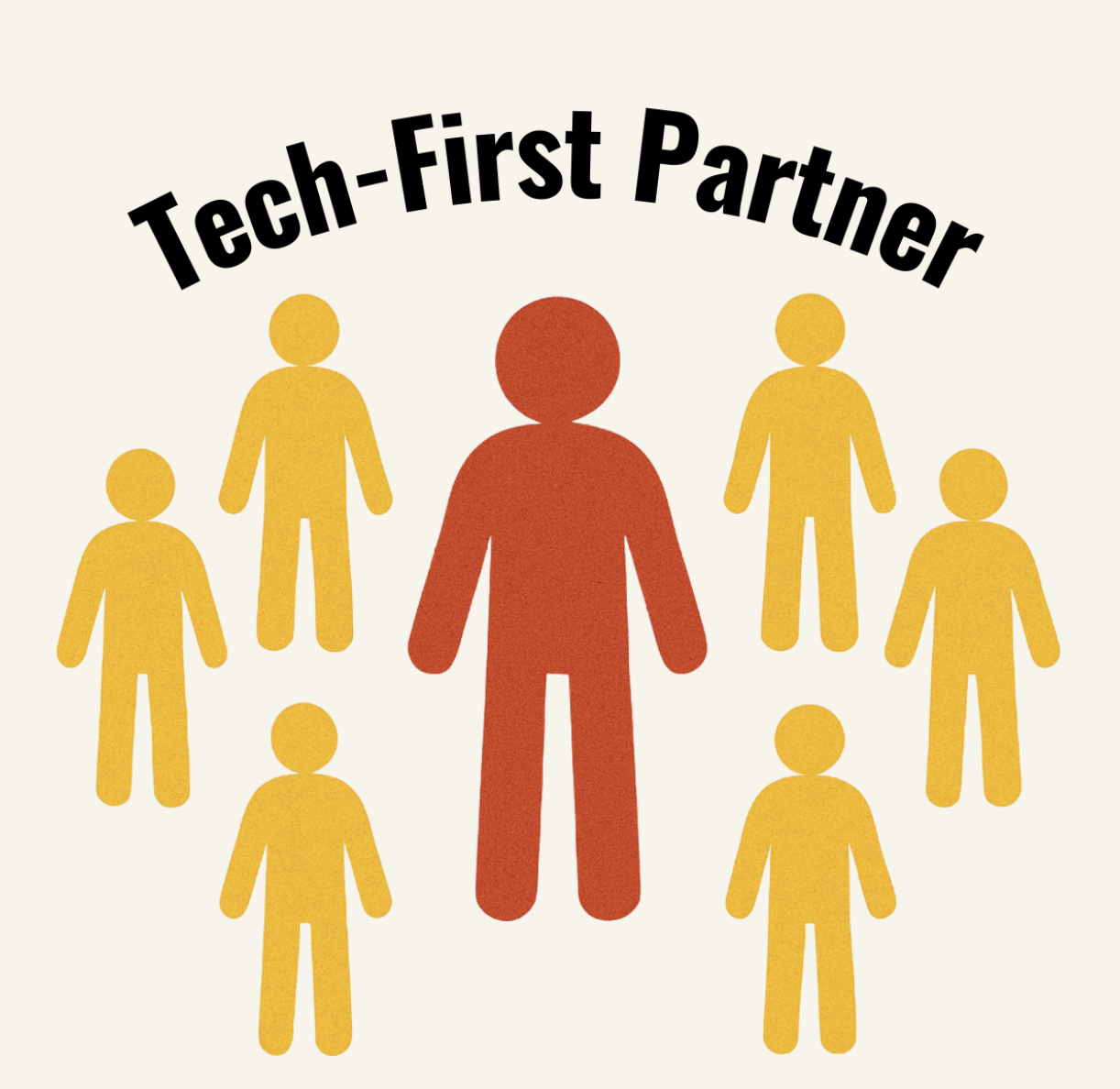- Home
- Resource Center
- Articles & Videos
- Why Every LSP Needs to Think Like a Tech Company?
10 June 2025
Why Every LSP Needs to Think Like a Tech Company?
If you’re an LSP still operating with a traditional service-provider mindset, you're already behind.
In a world increasingly defined by digital transformation, the lines between industries are blurring. The language services industry is no exception. Today, translation and localization are no longer just linguistic challenges - they are technical problems that demand technical thinking.
Think about how tech companies position themselves. They don’t just sell language, they sell technology-enabled solutions. Their offerings are deeply rooted in AI, machine translation post-editing (MTPE) and data-driven optimization.
So why does this matter to every LSP, big or small? Here are three strong reasons why you need to think like a tech company.

Efficiency Is No Longer Optional
Traditional project management models such as email threads, static Excel trackers, siloed communication are fast becoming obsolete. Clients today want real-time dashboards, API-based content syncing, and agile workflows. LSPs that embrace Translation Management Systems (TMS can deliver faster, reduce manual errors, and offer transparent tracking.
But it goes beyond using tools, you need to think in systems. This means automating repetitive tasks (e.g., file prep, QA checks), investing in connector development for CMS or marketing platforms, and prioritizing scalability over makeshift solutions.
Example: At eLanguageWorld, we built our own proprietary Enterprise Risk Management (ERM) system tailored specifically for managing multilingual workflows. By integrating client project intake, linguist allocation, deadline tracking, and invoice generation in one platform, we not only streamlined operations but also reduced project turnaround time by 40% and increased repeat business by 22%. Our ERM system is now central to how we offer consistent, high-quality and scalable services to clients across time zones.

Data Is Your Most Valuable Asset
In today’s data-driven world, linguistic data is one of the most underutilized assets in the language services industry. Most LSPs are sitting on terabytes of valuable content like translation memories, termbases, quality feedback logs and post-edited machine translation outputs. Yet, few are actively mining this rich resource for insights, training, or strategic optimization.
Forward-thinking LSPs are beginning to recognize that this isn’t just archived content - it’s infrastructure. By leveraging Natural Language Processing (NLP), they are extracting meaningful patterns from quality assessments, fine-tuning neural machine translation (NMT) engines, and automating processes like terminology extraction and alignment.
However, with great data comes great responsibility. As regulatory frameworks like GDPR grow more robust, data privacy is a mandate. LSPs must adopt responsible data practices by using anonymized or aggregated data sets, obtaining explicit client consent and relying on synthetic or open-source datasets when necessary.
There’s also a rising demand for dataset creation as a specialized service involving the cleaning, tagging, and curation of domain-specific corpora to train private, client-specific models.
Ultimately, thinking like a tech company means shifting your mindset: treat your data not as a passive by-product of projects, but as a core operational asset.

Clients Expect Tech-First Partners
Enterprises now demand partners who understand integration, security compliance and tech stack compatibility. Thinking like a tech company means speaking their language - not just linguistically, but operationally.
- Can your workflow integrate into a client’s product lifecycle?
- Do you offer secure cloud-based delivery?
- Are your linguists and PMs trained in using AI-enabled tools?
In short, in the world of AI clients want more than a vendor, they want a strategic localization partner who can help them scale globally, faster and smarter.
What does thinking like a tech company look like?
It doesn’t mean you have to build your own AI model from scratch. It does mean changing how you operate, make decisions and position your services. Here’s how:
- Invest in R&D: Allocate time and budget for exploring emerging tools (e.g., large language models, speech-to-text APIs).
- Develop internal tech capability: Even one in-house engineer or automation specialist can revolutionize your workflows.
- Offer tech-first services: Go beyond translation & offer multilingual SEO, data annotation, voice localization, or app localization pipelines.
- Measure and iterate: Use analytics to track performance, conversion, and quality - not just delivery.
LSPs must become hybrids of service and tech, of human touch and machine speed. As AI and automation reshape the industry, those who adapt will thrive. Thinking like a tech company doesn't replace your human strengths; it amplifies them. By building systems, embracing automation, and scaling intelligently, LSPs can move from being vendors to becoming true strategic partners in global growth.
Expand Your Localization Expertise. Subscribe to Our Newsletter!

Shrushti Chhapia
I’m Shrushti and I am the co-founder and CEO of eLanguageWorld. eLanguageWorld specializes in providing language and tech services for emerging Indian and South Asian languages. I am currently based in the UK with teams operating in India and the UK. I have a BTech in Electronics and MA in Translation from the UK. My passion for languages and yearn to connect India globally inspired me to start eLanguageWorld 10 years ago right after my education. I pride in bringing a young, dynamic approach and a fresh perspective to the ever-evolving translation industry. Leading eLanguageWorld has allowed me to understand the needs of the western world for emerging markets. My motto is all about innovation, adaptability and driving forward with purpose as the industry transforms. Feel free to drop a line to say hello at [email protected]!


